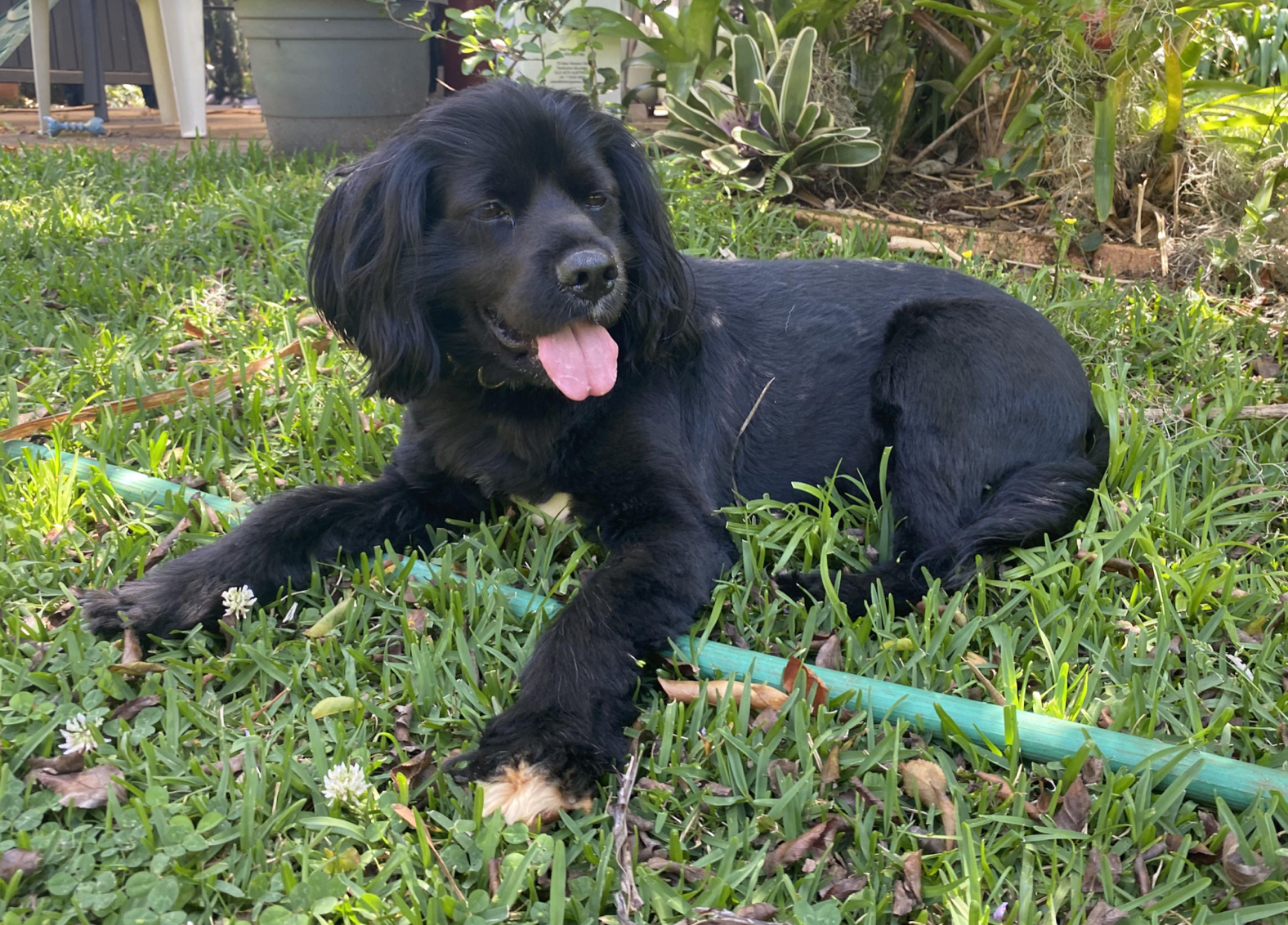By Donna Wild, Founder of Into Loving Homes
Some years ago now, I envisioned an adoption service that could revolutionise the way we as a nation facilitate animal rehoming, by ensuring that animals never have to endure the stress of shelter life. So I created Into Loving Homes and as it grew, I encountered a significant challenge: insufficient donations to cover the costs of running let alone placing animals into new homes. This led me to question ‘Would those needing to rehome their animals be willing and able to pay the associated expenses to do so?’. Could those people who are needing to rehome their own pets financially contribute to the essential expenses, such as veterinary bills, microchip transfers, and professionally targeted Facebook ads (our primary tool for finding local adopters, responsible for over 90% of our successful adoptions in under a week!) that we rescues, shelters and rehoming services have always endured? Desexing, microchipping, flea treatments and more.
To my pleasant surprise, a significant number of animal guardians were more than willing to contribute to the financial aspects of their animals’ rehoming. In fact, half of them had the means and the willingness to do so. Which meant we could help 50% of those we could have otherwise had to turn away.
This realisation prompted a decision that would have a lasting impact on countless animals within Into Loving Homes and I believe to potentially reshape the animal rehoming industry for decades to come too.
I made it a point to inform every rehoming inquirer that they could cover the costs themselves and we would provide our service for free or they would need try another way of finding a home for their animal.
Side note: Shelters across Australia, since the COVID era and still now, are grappling with overcrowding and underfunding issues. They have waitlists that span from 6 to 18 months, with a 20% chance of euthanasia for any healthy, adoptable cat on the waitlist and a 12% chance for any dog.
We are not asking those needing to rehome animals for free to pay exorbhorent fees. In fact we are not asking them to pay a fee at all (our organisation is kept afloat by adoption fees). Just to pay their own animals actual rehoming expenses. We will share below what they are and how much they are.
Here’s a breakdown of the expenses someone using our service can cover to rehome their own animal:
Vet Bill: The minimum vet bill for rehoming a cat or dog is approximately $65, which may increase based on additional needs like vaccinations, medication, dental care (average $1500), desexing (average $260-$880), and microchipping (average $35).
Microchip Transfer: (average $10)
Flea, Tick, and Worm Treatment: All cats and dogs must be rehomed with up-to-date flea, tick, and worm treatments (average $35).
Facebook Paid Ad: (average $7-$800)
While many may struggle to cover their own vet bills (some animals are being rehomed because they can’t afford the bills), microchip transfers, or Facebook ads, many can and see its value. For those who need assistance, we hope to have enough donations in the future to help every animal who needs a new home. Currently, we allocate 100% of donations to finding a home for the animals most in need. Our goal is to ensure that no one with an animal in need is turned away due to financial constraints.
We invite you to join us in this mission to provide loving homes for every animal in need. Together, we can make a profound difference in the lives of these animals whose guardians may not have the means to do so themselves.
Find animals to adopt here.
For donations and inquiries, you can direct message us or call 1300577302 to discuss how you can contribute.
When you donate to Into Loving Homes, 100% of your donations go directly toward finding animals loving homes using our professionally targeted Facebook ads. Your support can help us continue this vital work and ensure a brighter future for animals in need.
Pic: This pic above is Romeo. Romeo needed a new home after getting attacked by a dog while on leash and in turn became dog aggressive on leash and too much for his elderly guardian to handle. Within hours of needing a new home, Romeo was adopted, collected and had made his way into his new family where he is now thriving.


